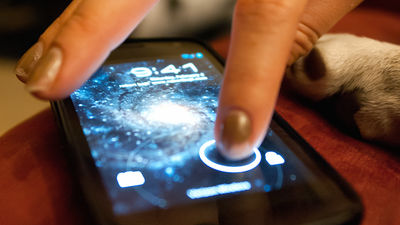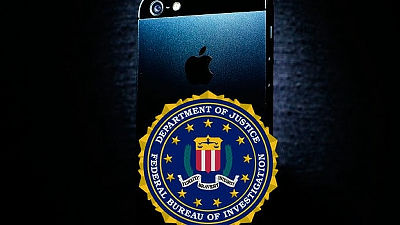Should 'unlock iPhone' be done in criminal investigations?

The iPhone, whose security is one of the selling points, is
We Built a Database of Over 500 iPhones Cops Have Tried to Unlock-VICE
https://www.vice.com/en_us/article/4ag5yj/unlock-apple-iphone-database-for-police
When the San Bernardino shootings occurred in 2015, the iPhone was supposed to belong to the criminal, but the iPhone was seized by the police, but the terminal lock could not be unlocked and the criminal group's communication contents could not be accessed. Since the iPhone could not be unlocked by the FBI, a manufacturer order was issued to Apple to unlock the iPhone. In response, Apple CEO Tim Cook criticized Apple for saying, `` This is like telling Apple to 'make a backdoor to circumvent iPhone encryption.' Rejected
Governments have been asking Apple to unlock it, even in 2020. In January 2020, Attorney General William Burr announced that he had called on Apple to cooperate in unlocking over a shooting at a naval facility . 'Apple has not given us any substantial support so far,' Bar Attorney General said.
The iPhone unlocking issue is mainly due to law enforcement's assertion that `` Apple should provide a way for law enforcement to unlock the terminal so that it is easy to investigate, '' and privacy experts and Apple's `` Back Creating a door exposes users to hackers and other threats. '
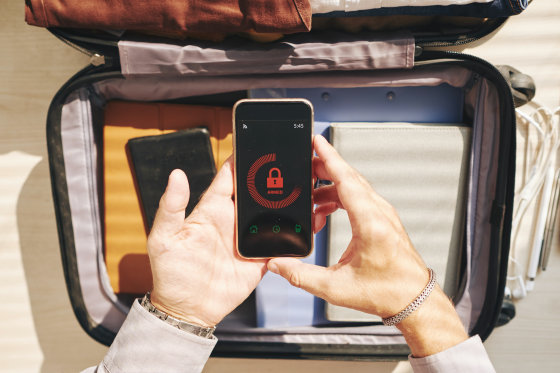
What's overlooked, however, is that law enforcement already has a way to unlock the iPhone. The San Bernardino shootings ended with the help of an Israeli company,
Actually, Motherboard of technology news site examined more than 500 search warrants and related documents, and it was shown that law enforcement agencies obtained data from iPhone.
At this time, however, law enforcement did not have 'certain' data. It seems that there were also legal issues such as the iPhone's passcode being too strong or the terminal itself being damaged, which was technically inaccessible, and that certain research stages and specific institutions could not access. On the other hand, cases where federal agencies and local police accessed information on the iPhone using tools of companies such as Cellebrite were also recorded. In cases where state authorities were unable to access the iPhone in child exploitation cases, the U.S. Immigration and Customs Enforcement Authority issued a search warrant `` to use advanced technology '' and border guards gained access to the iPhone, The iPhone was sometimes sent to the Regional Computer Forensics Laboratory (RCFL), which is under the jurisdiction of the FBI.
Of the 516 cases examined by Motherboard, only 295 were treated as having a search warrant executed, but this 'run' does not necessarily mean 'the iPhone was unlocked as a result.' However, for some records, the FBI, Drug Enforcement Bureau, U.S. Department of Homeland Security, Alcohol Affairs Bureau, etc. extracted photos, text messages, call records, browsing data, cookies, location data, etc. for various iPhone terminals Was indicated.
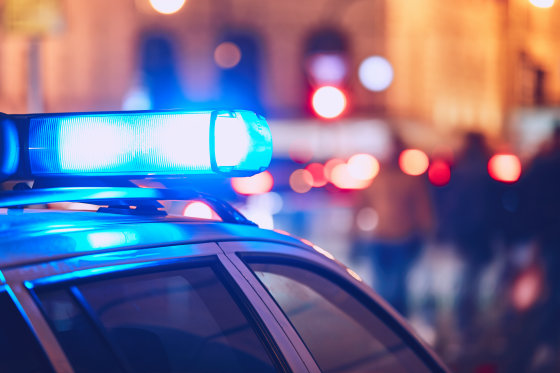
It turns out that law enforcement has access to the iPhone in flux. And what law enforcement wants is a 'sure way to access' the iPhone.
Although Apple has denied access to the authorities' terminals, it has permitted access to iCloud data if there is a search warrant. According to Apple, requests from U.S. law enforcement agencies have exceeded 127,000 in the past seven years, and this number is increasing year by year. Apple has not completely refused to cooperate with the investigation, and in 2019, Eric Neuenschbander, Apple's User Privacy Officer, told a public hearing `` From the speed of innovation and the increase in data, law enforcement We understand that institutions are facing the big question of 'what data is available, where it is stored and how it is available', which is why we are a comprehensive law enforcement agency. And guides US and global law enforcement officials. ' On the other hand, because the work of law enforcement agencies does not go 'perfectly', there is a problem that terminals are not always accessible.
The FBI claims in 2017 that it could not access `` 7775 devices '', while the Washington Post
This is because law enforcement agencies need search warrants to request access to terminals, but since some people have given up on this search warrant, `` Although it was necessary to access iPhone, It was because it was not possible to accurately understand how many cases there were. For this reason, governments often demand the need for unlocking in the context of actual terrorist attacks, rather than data.
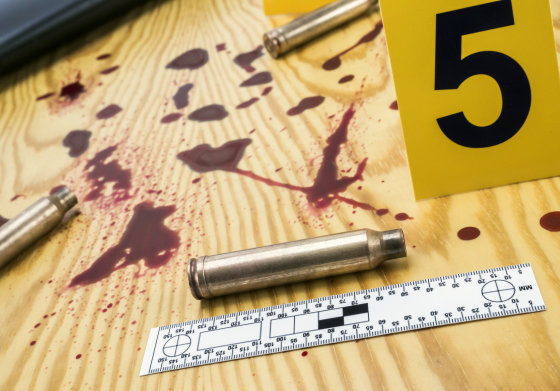
Also in 2018, Apple was reported to have blocked cracking tools that unlock iPhones on iOS 12. Security experts believe that Apple will likely make unlocking the iPhone more difficult in the future. Because Apple designs and implements everything from the OS to the hardware, it is possible to create a more robust ecosystem than Android. In fact, sources who are developing hacking tools for government have said that local access has become more difficult due to Apple's USB restricted mode and so on.
Jim Baker, who once worked as an FBI lawyer and was also in charge of the San Bernardino shooting incident, said that it is important for law enforcement agencies to ask private companies for help in solving the case, but also backdoor to the iPhone Arguing that creating a device is nothing more than creating a vulnerability in the devices that many people use. 'According to the authorities' requirements, they will create more security risks in the United States,' he said. 'The authorities should review the criminal investigation process itself, not just the approach to encryption.'
Related Posts:
in Hardware, Software, Smartphone, Security, Posted by darkhorse_log



